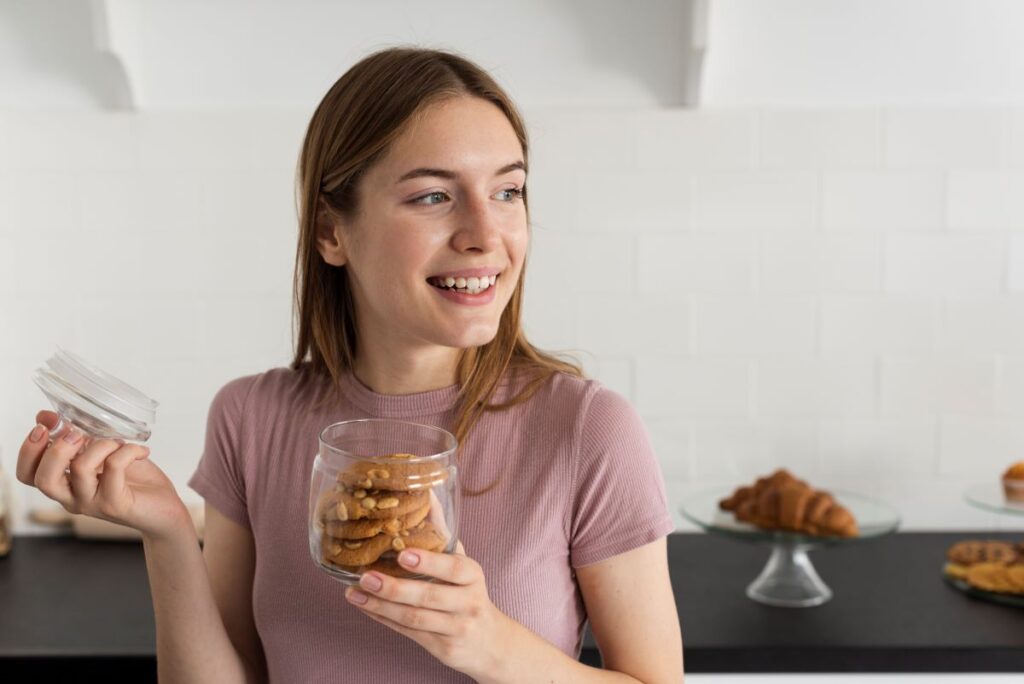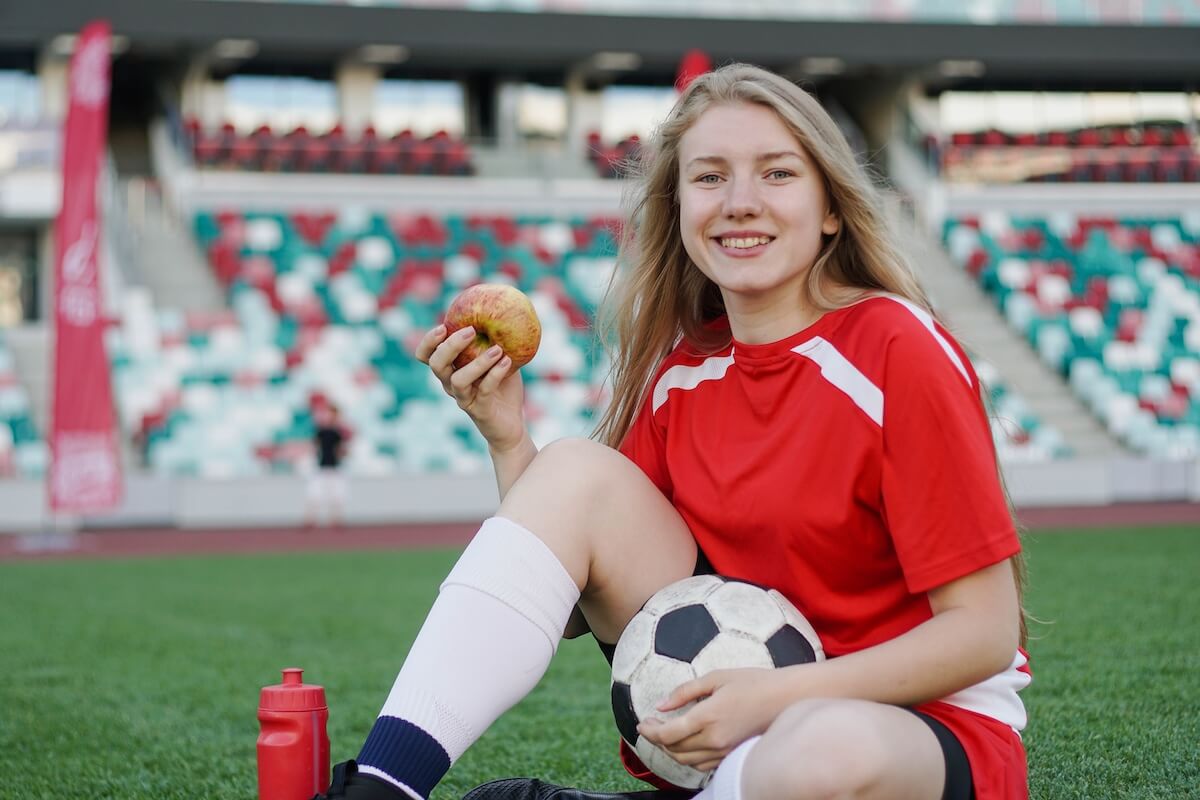Explore Beyond Judgment: Embracing Curiosity in Nutrition

By Rebecca Jaspan MPH, RD, CDN, CDE and Laura Cipullo, RD, CEDRD, RYT
When we go to school for nutrition, we are taught to be science detectives. Since no one client is alike, it is our job as dietitians to dig deep into our clients’ histories and truly understand where they are coming from so we can best support their treatment, uncovering clues, asking questions, and coming up with solutions as a team (the client, the RD and even the therapist). At the same time, we work with our clients to be their own detectives, to become curious about their food and body surrounding thoughts and behaviors. We ask clients to use the science and education we provide to better understand the WHY of the metabolism, hunger, and even body changes. While most individuals have learned to judge their food and body, we would like to introduce the concept of curiosity.
Judgment is known to many clients as the inner “Food Police” (that voice that tells you “I shouldn’t be eating this”, “I already ate, I shouldn’t be eating again”). That’s your voice of shame, a self-defeating, negative voice that ultimately breeds disordered eating. The definition of judgment is “the ability to make considered decisions or come to sensible conclusions”. However, judgment usually bears a label of good or bad. Once these good/bad conclusions are made, they tend to become the “truth” in your mind and it closes you off from the reality of an experience.
On the other hand, curiosity is “a strong desire to know or learn something new”. One of the 10 principles of Intuitive Eating is to Challenge the Food Police. Enter what we call the Food Detective. The Food Detective is the voice of curiosity, the voice that explores “I wonder why I am so hungry after eating my lunch” and or “I observe every time I get my period, I feel increasingly hungry a few days before.” The answers to these questions can be used as information to understand the why. Curiosity allows for compassion and a willingness to explore the science or psychology around the food and or body. It also keeps you open to the possibility of learning something new and allows for constant flexibility to understand why a food or a meal may be filling on one day versus another without creating a good or bad label.
Let us give you some examples. Let’s say you’ve eaten your three meals on a particular day, and feel very hungry and not yet satisfied. While you want to eat more food, your Food Police is judging you for already having consumed enough food for the day. Your new voice, the Food Detective, can come to rescue and be curious. It notices you have eaten three meals today but recognizes the need for more nutritional fuel. The Food Detective allows you to eat another snack or meal and observes you are now both satisfied and sated. There is no label associated with this observation.
Food Detective Questions To Ask Yourself:
- Did I eat enough today?
- Did my meals contain carb, protein, and fat?
- Do I just need more nutrition today?
- Am I just wanting to eat for comfort?
- Am I getting my period?
- Am I tired?
- What was my activity level for the past three days?
Curiosity about the situation allows you to look at it through a compassionate and educated lens rather than an anxious and self-defeating one.
Here’s another common scenario we often hear from clients. You have an uncontrollable craving for chocolate every night after dinner. You try to ignore it and maybe eat fruit or ten low calorie options in an attempt to satisfy the craving. However, the desire to eat chocolate is loud and only gets stronger. Your Food Police is shaming, making you think that craving sweets is bad. You may think you have no willpower. Meanwhile your mind and body are screaming, “I WANT CHOCOLATE!!” louder than ever. STOP. Get curious.
Perhaps you identify you are craving a sweet just because it tastes good and you want to eat for pleasure. Now you can decide to eat or not to eat. Now you can eat without a label of good or bad. If the desire to eat chocolate remains strong, explore what happens when you allow yourself to have a piece three nights in a row. Does this neutralize the craving? Eating experiences are never black and white. Explore, be curious and do not have expectations.
At LCWNS, we encourage clients to challenge their Food Police and instead choose the Food Detective voice. Be curious, ask questions and use compassion rather than being judgmental, closed minded and shaming. When we start to practice reframing our thoughts from judgmental to curious, eating can become the joyful experience that you deserve.







